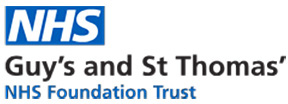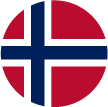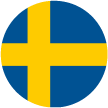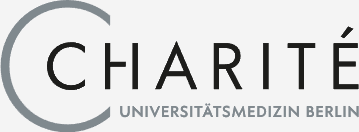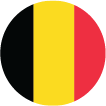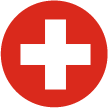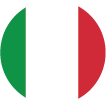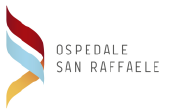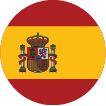HOW TO
PARTICIPATE
IN THIS STUDY
Quickly scroll to:

Who can join?
People living with HIV who have stopped treatment and still have a low viral load. This is defined as having a viral load below 400 copies/ml on at least two tests taken six months apart and in two-thirds of all tests after stopping treatment. People of all ages are welcome to take part.
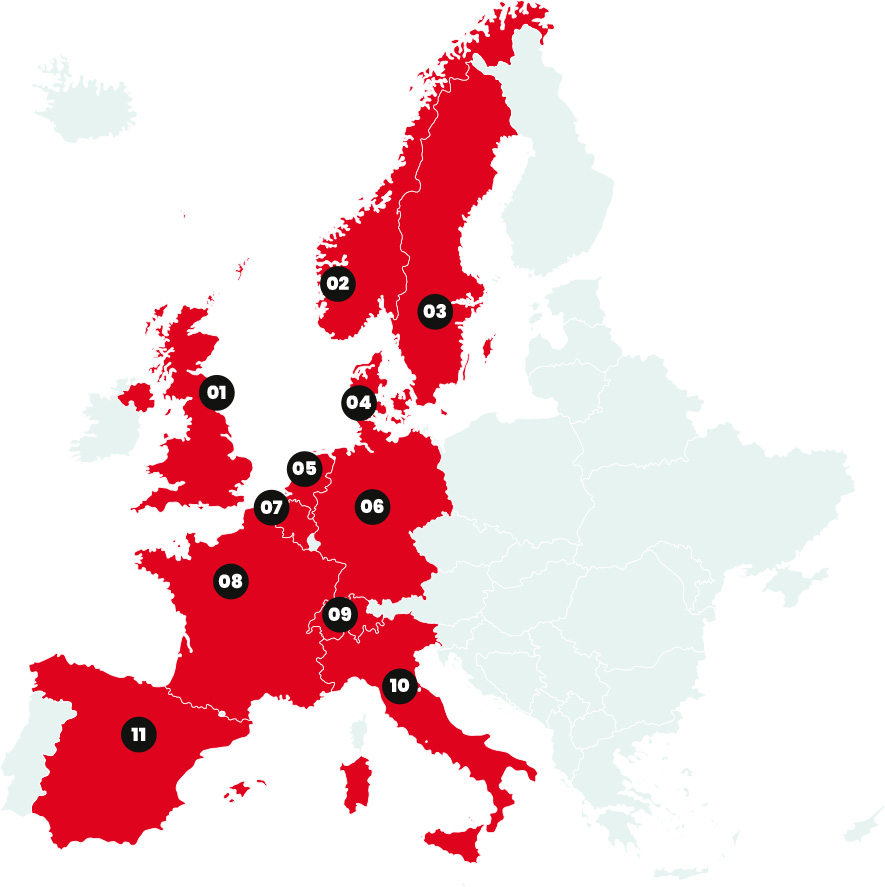
 | |
01. United Kingdom | |
| Click here to show participating hospitals | |
 | |
02. Norway | |
| Click here to show participating hospitals | |
 | |
03. Sweden | |
| Click here to show participating hospitals | |
 | |
04. Denmark | |
| Click here to show participating hospitals | |
 | |
05. the Netherlands | |
| Click here to show participating hospitals | |
 | |
06. Germany | |
| Click here to show participating hospitals | |
 | |
07. Belgium | |
| Click here to show participating hospitals | |
 | |
08. France | |
| Click here to show participating hospitals | |
 | |
09. Switzerland | |
| Click here to show participating hospitals | |
WHAT WILL
HAPPEN IF I TAKE
PART IN THIS RESEARCH STUDY?
If you decide to take part in this research study, you will be asked to sign an informed consent form. Your medical history and chart will be reviewed by the study staff. Your veins will be assessed to make sure you have appropriate veins to undergo a blood draw or leukapheresis (a blood draw which collects more immune cells). In case of leukapheresis, less than 5% of the white blood cells in your body will be collected. Your body will be able to replace most of them in about one day.
Depending on your medical situation, the blood sample may be part of your regular hospital care. Approximately 120 milliliters of blood (about 8 tablespoons) may be collected. A healthcare professional will draw the blood by placing a needle into a vein in your arm. The blood will be used for laboratory tests to evaluate your general health and your HIV status, including your HIV viral load, and T cell counts. Some of the blood will also be safely stored for future research.
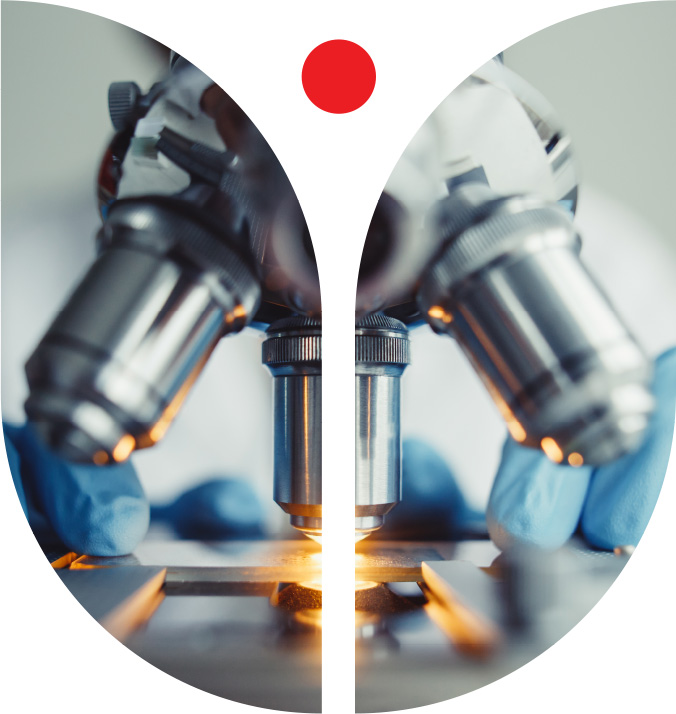
COST & TIME
The entire visit takes usually about 3 to 4 hours. Participation is free, and your insurance won't be charged.
Is it safe?
Yes. Participation is voluntary and you can leave the study at any time.
Taking part in the EU2Control study does not involve restarting or stopping any treatment. The study only includes a blood test and does not change your current care.
The information you disclose is stored in a secure, password-protected database and is private and confidential. To protect your confidentiality, all specimens are coded with an ID number. Only the collection date of the specimen will be stored with the specimen; no personal identifiers, such as your name, will be kept with stored specimens. Only the study team will know which samples belong to you.
Possible Benefits
- The information gathered during this study will add to knowledge about HIV and can help other people
Possible risks
- Drawing blood from a vein may cause some mild discomfort such as a small amount of bleeding, bruising, or soreness where the needle goes in the skin. In rare cases, people may faint or develop an infection. If you experience any discomfort or problems related to the study, you will receive appropriate medical care.
- The potential risks of leukapheresis include pain from needle placement, anxiety, bruising, swelling, light-headedness, fainting, chills, or, very rarely, infection. You may also have a greater chance of bleeding for a few hours after leukapheresis, since a blood thinner (citrate) is used in the leukapheresis machine, to which you will be connected through intravenous lines. Potential risks from the blood thinner include a sour taste in the mouth, a lowering of your blood calcium levels, which would produce tingling around the mouth, fingers or toes, as well as bleeding from puncture sites. These are temporary effects and typically resolve quickly (within 5 to 60 minutes after the procedure ends). The pheresis staff will quickly treat any of these reactions and will direct their efforts to prevent a reaction from occurring. Should any of these or any other reaction occur during the pheresis procedure, the procedure will be stopped until the problem has been rectified. At any time, if you feel uncomfortable or if you do not wish to proceed, the procedure will be stopped at your request.
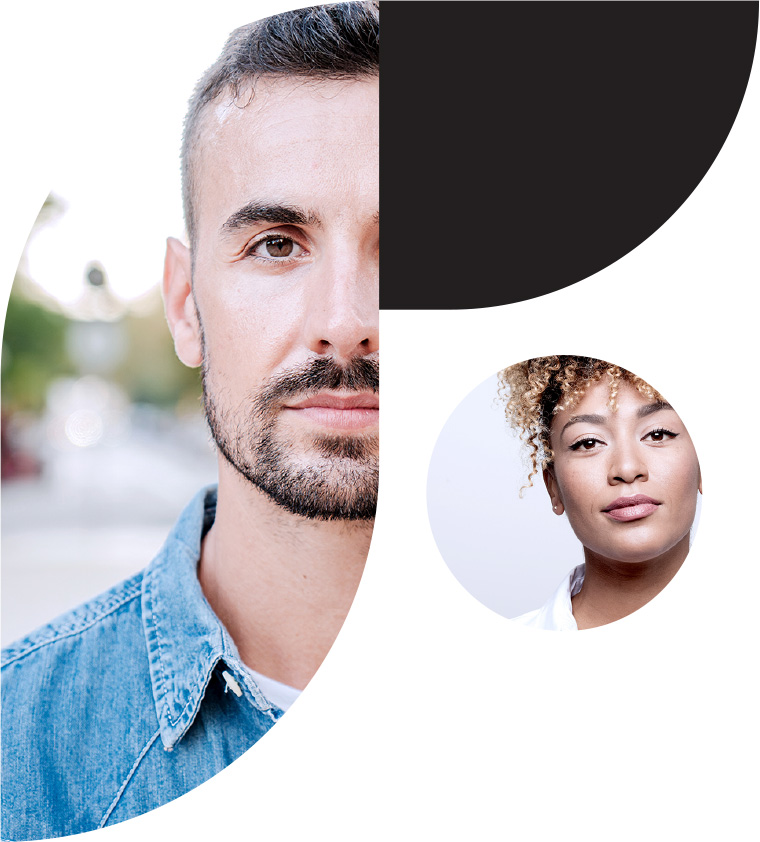
WHAT IF WE
DISCOVER SOMETHING
UNEXPECTED?
During the study, we may come across unexpected findings about your health.
If this information could be important for your well-being — or for others — the study doctor will inform you and your treating physician about the results and what they might mean. If needed, they will also give advice on what steps to take.
If you do not wish to be informed about such findings, you can indicate this by ticking the appropriate box on the consent form.
However, if not knowing the information could seriously harm your health or someone else’s, the doctor will still share it with you.





